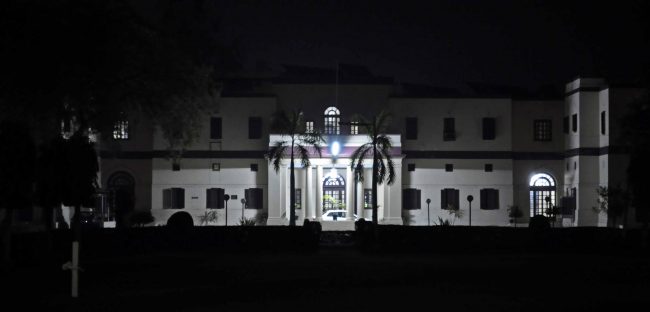
Relevance of Public Schools
(Adapted from an article by J. M. Gibson)
As long as society is organized in the present way, independent schools will have an important role to play. In society today, competition is a great stimulus to efficiency. This is part of human and animal nature and leads to development of the species as described by Darwin. Competition among men has been partly responsible for those improvements in living conditions and for that ability to control nature, which we call civilization. Public Schools provide an environment of controlled competition. This results in the rubbing out of many undesirable qualities yet sustains the competitive spirit.
The boarding school can influence the all-important matter of the development of the students’ character. Punctuality is one of the virtues but not the least that a good school can inculcate. Civilized behaviour is the result of convention and habit and there have to be fostered by example and if necessary by disciplining. I believe an independent school to have the best chance of being a good school.
In India, a special advantage of boarding schools is that they can draw people from all over the country. This helps in furthering national integration. A further point of advantage is that leaching can be done in English. A language elite can be a bogus elite but it is to Indias’ advantage that a number of its citizens can communicate with much of the world and among themselves from different parts of the country through English. Civilizations have often been founded on classical languages and to learn to think in a foreign language is no bad training for the mind.
Indian public schools are in a sense akin to the way the ancient Indian Gurukuls were conducted. They are senior students as prefects, important in training those suitable for taking on authority. The Schools recognize the vital importance of training successors to the British civil servants, army officers and Business leaders. Early on, the Indian Public Schools Conference laid down that schools belonging to it should not exclude pupils on the grounds that they did not belong to any particular class or creed, and that once admitted, all should be treated alike. All the great Indian Public Schools today expect their students to develop a real sense of public duty and a readiness to accept responsibility.
Contrary to the popular image a public school boy is intended to lead a Spartan life. Orientation and luxury are frowned upon. The undue privilege of an affluent background is of no consequence while a boy is at school. In fact, the social service schemes instill a sense of duty towards those who are less fortunate. Further, by the experience of a corporate life, they imbibe the attitudes necessary for a casteless society of greater social justice. An atmosphere of tolerance is so essential and a good school provides this. I wonder whether, if there had been hundreds of such schools, there would have been Partition?
It was once feared that Public Schools would westernize their pupils and diminish patriotism. As it turned out this fear has been disproved. All such schools have paid considerable attention to Indian culture with their flourishing art, music and dance societies, the practice in many of them of yoga, the observance of Indian festivals and the wearing of Indian dress where suitable.
Because they are independent, a better title than Public’-students are free to use their spare time in worthwhile activities. The individual abilities of staff members can be put to good use-they can pass on what they happen to be good at. They can offer something much wider than a set syllabus and a rigid timetable. I believe that as many students as possible should leave school with a justified sense of achievement.
It is a fact that more and more parents are sending their children to public schools and there is a greater demand in the public service and private sector for public school products. It is therefore out of question to debate whether there should or should not be public schools.